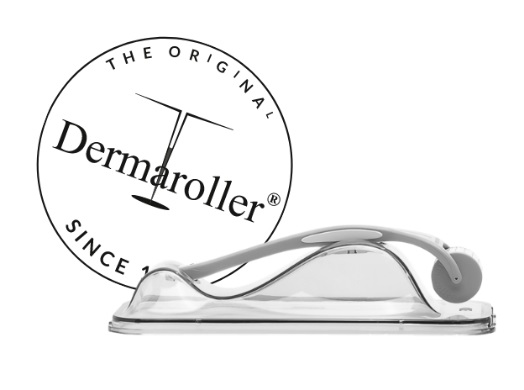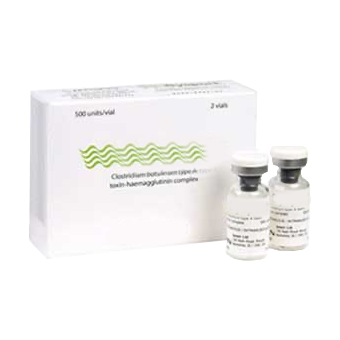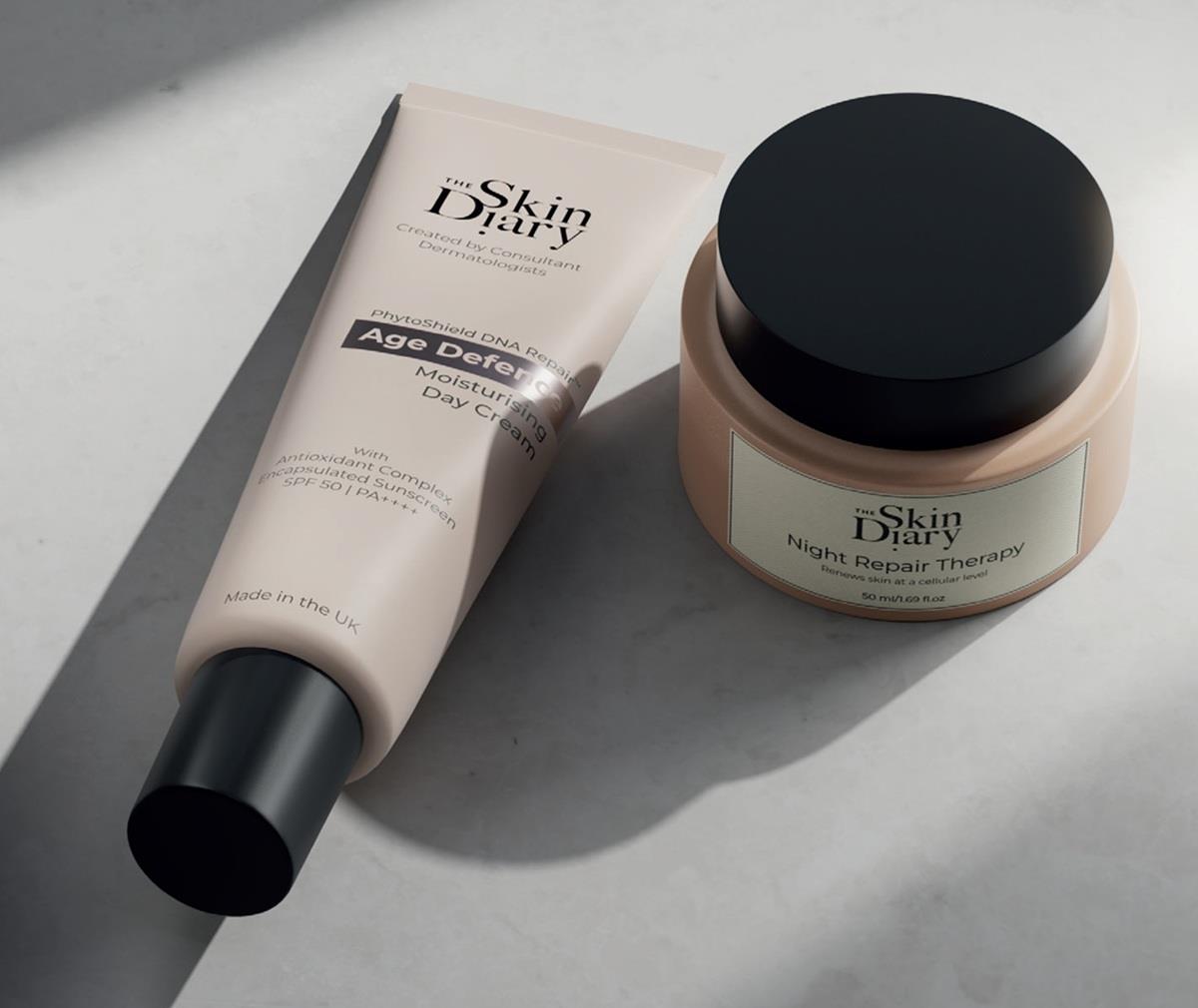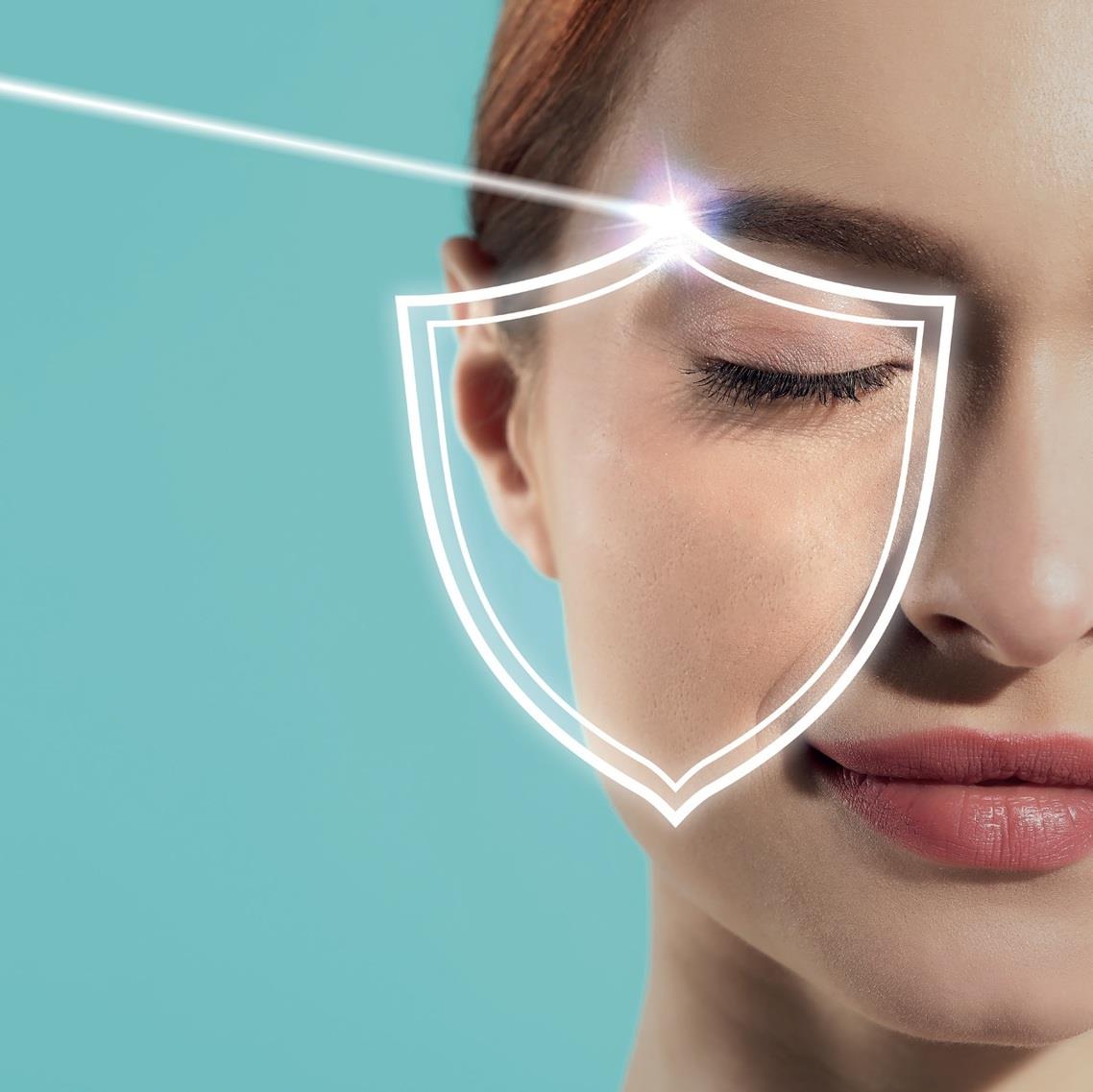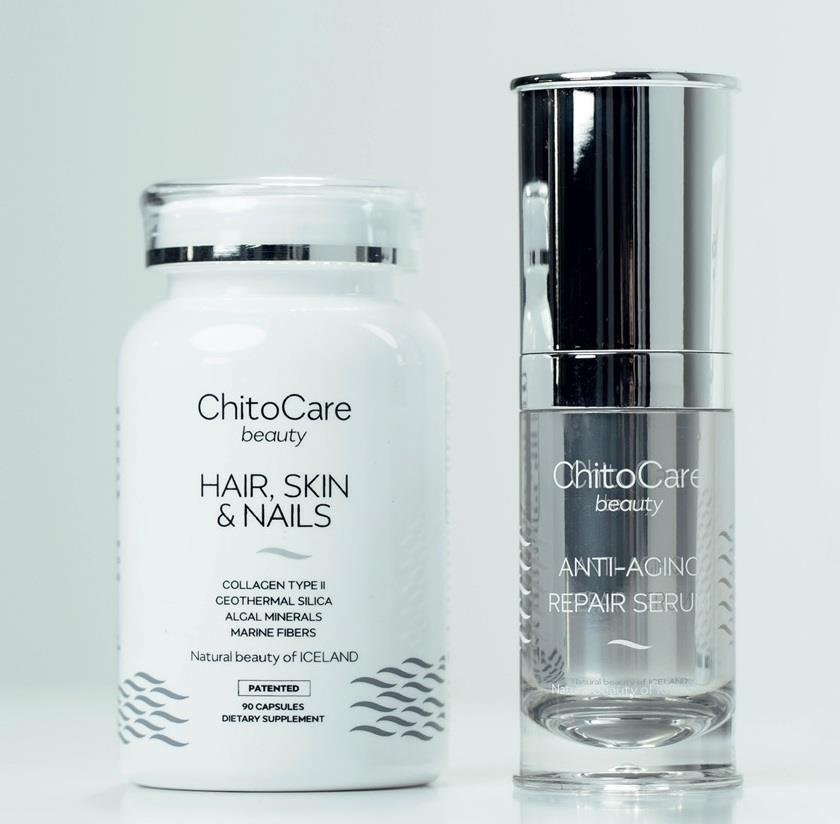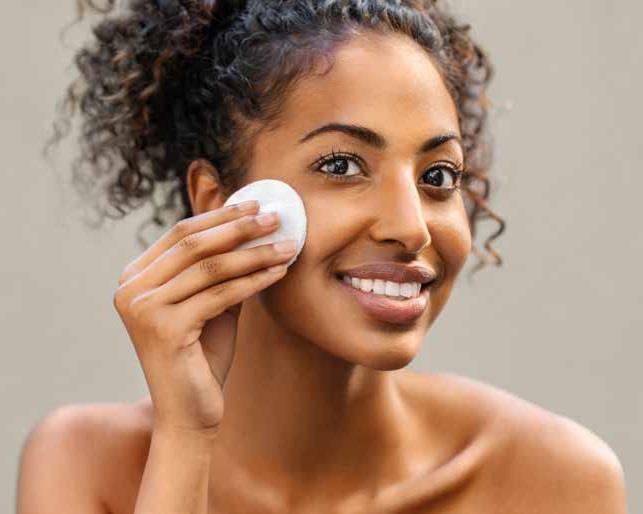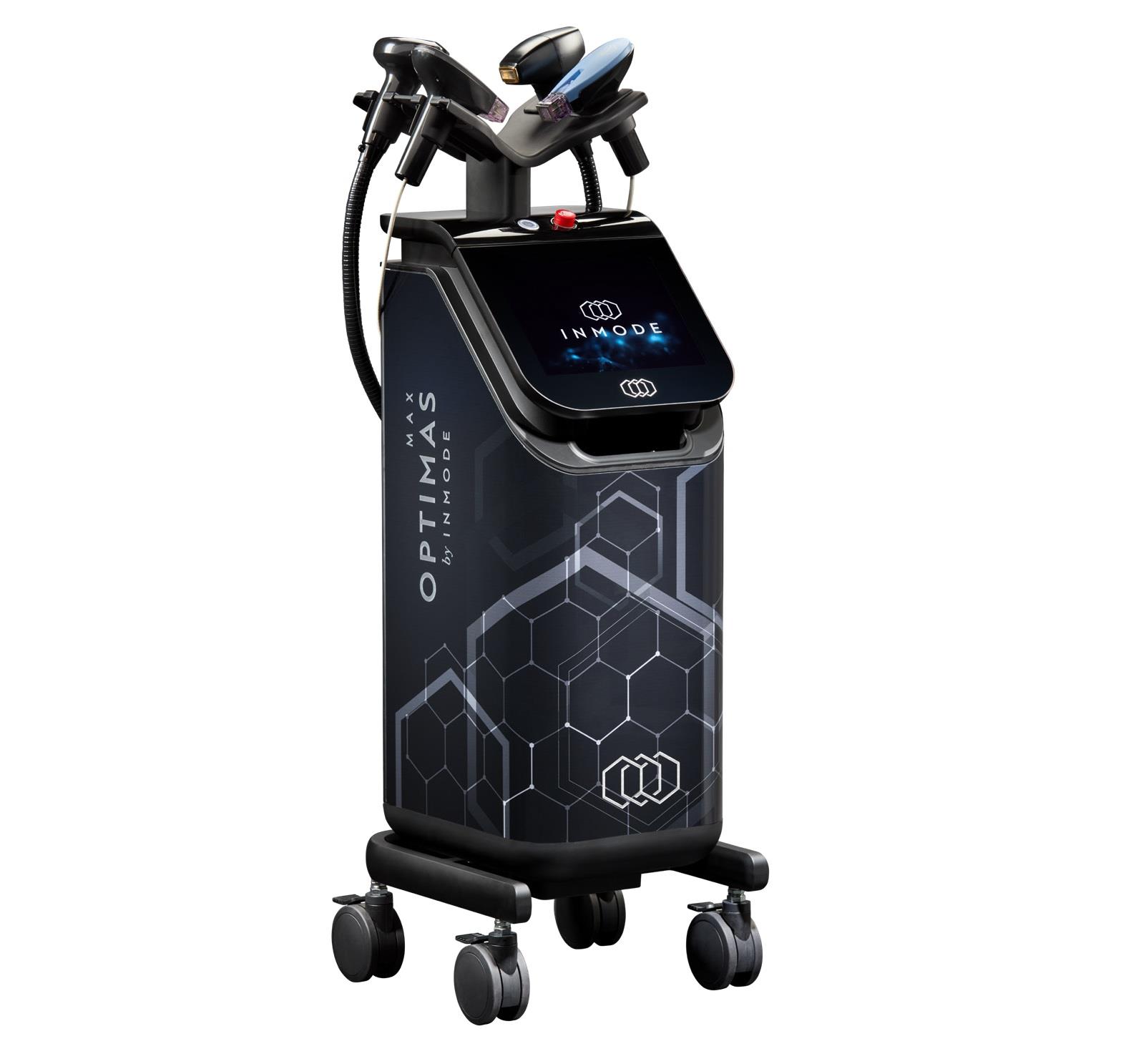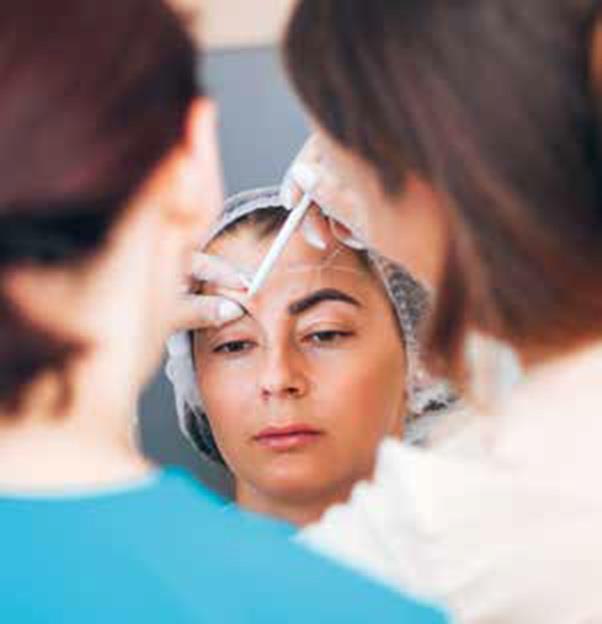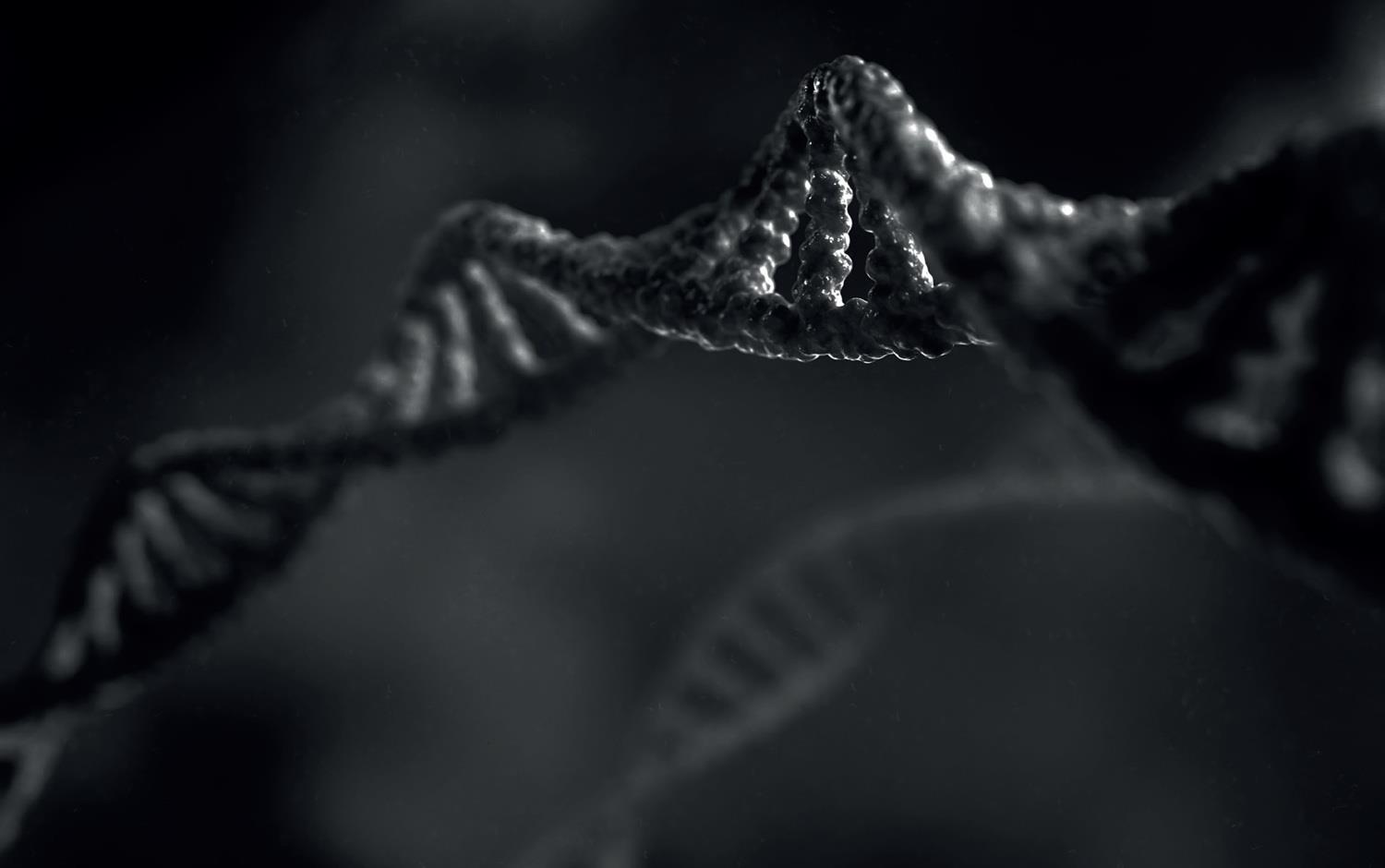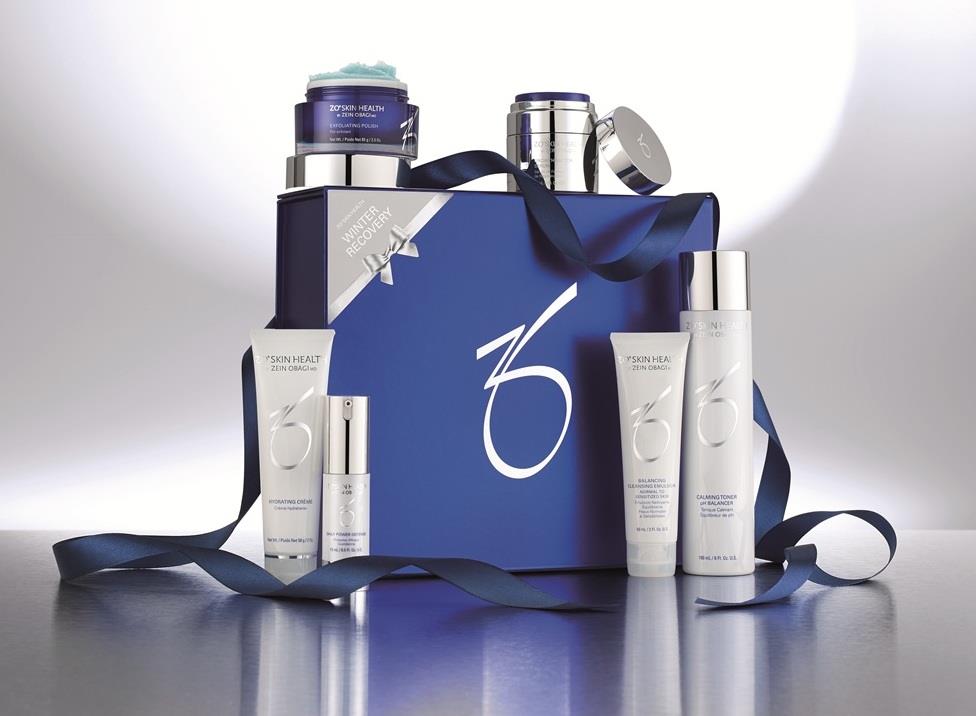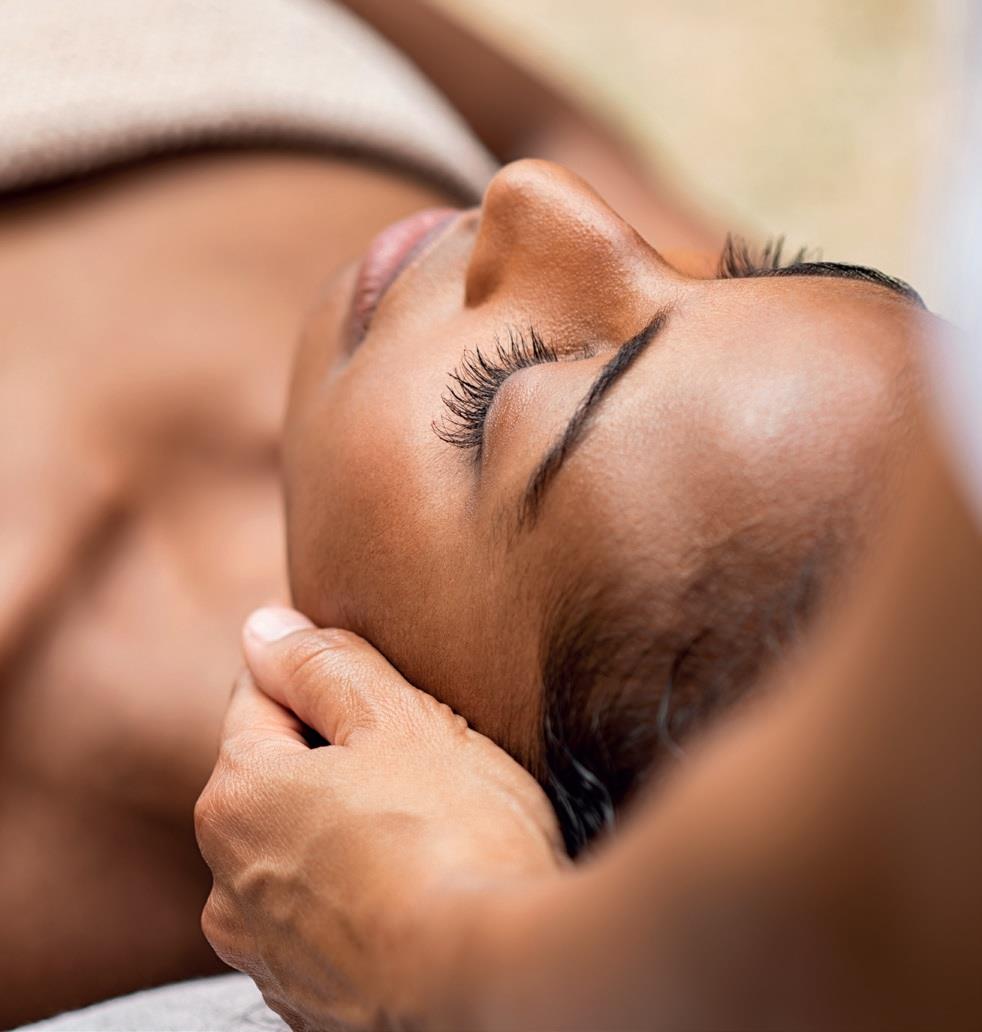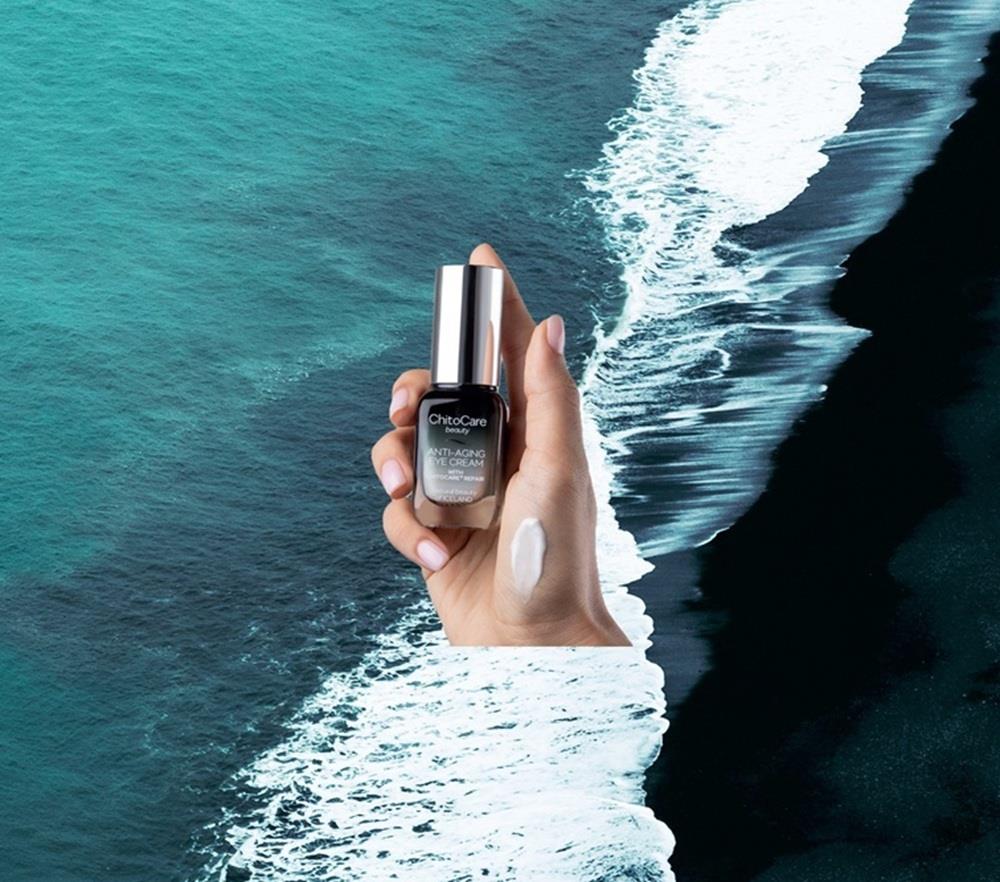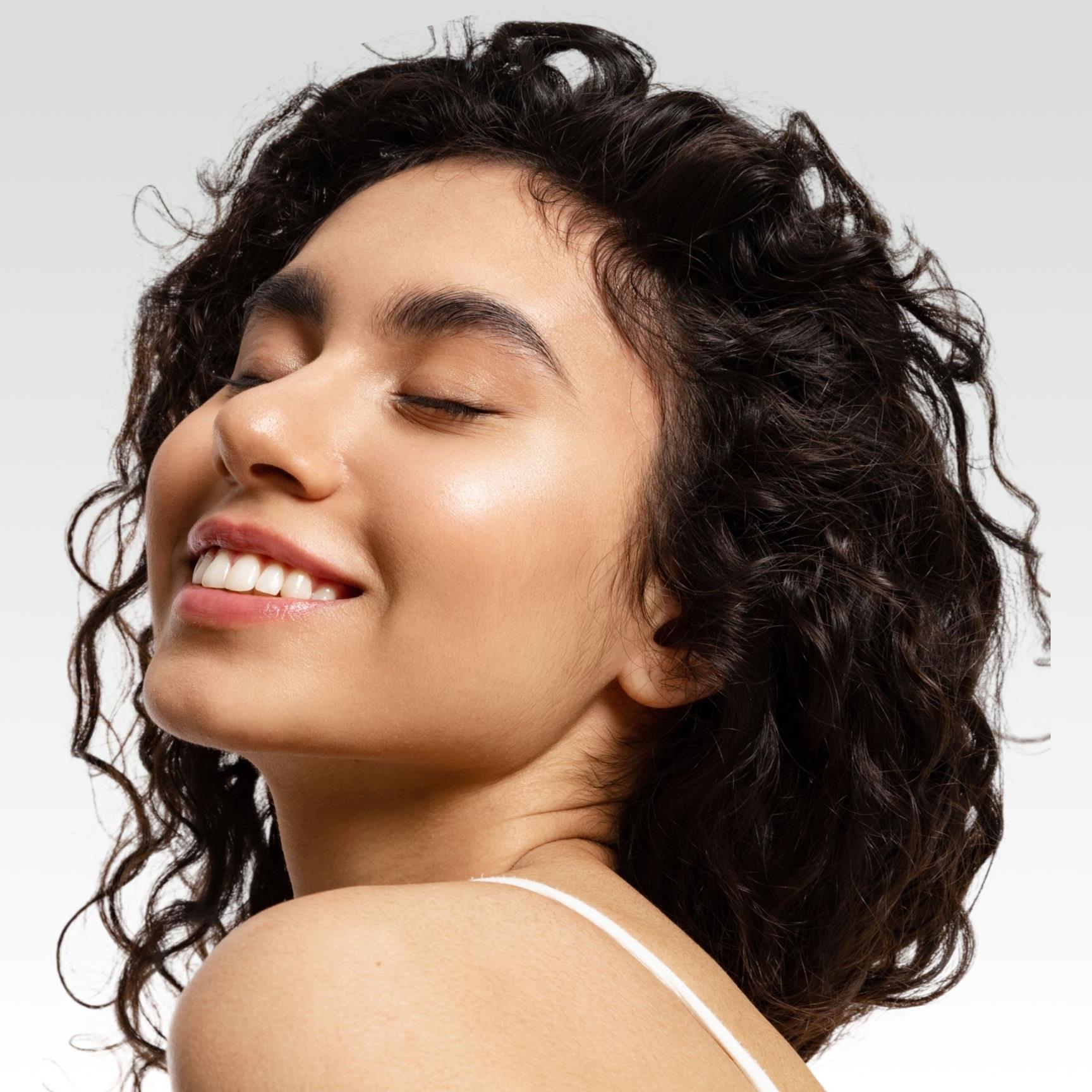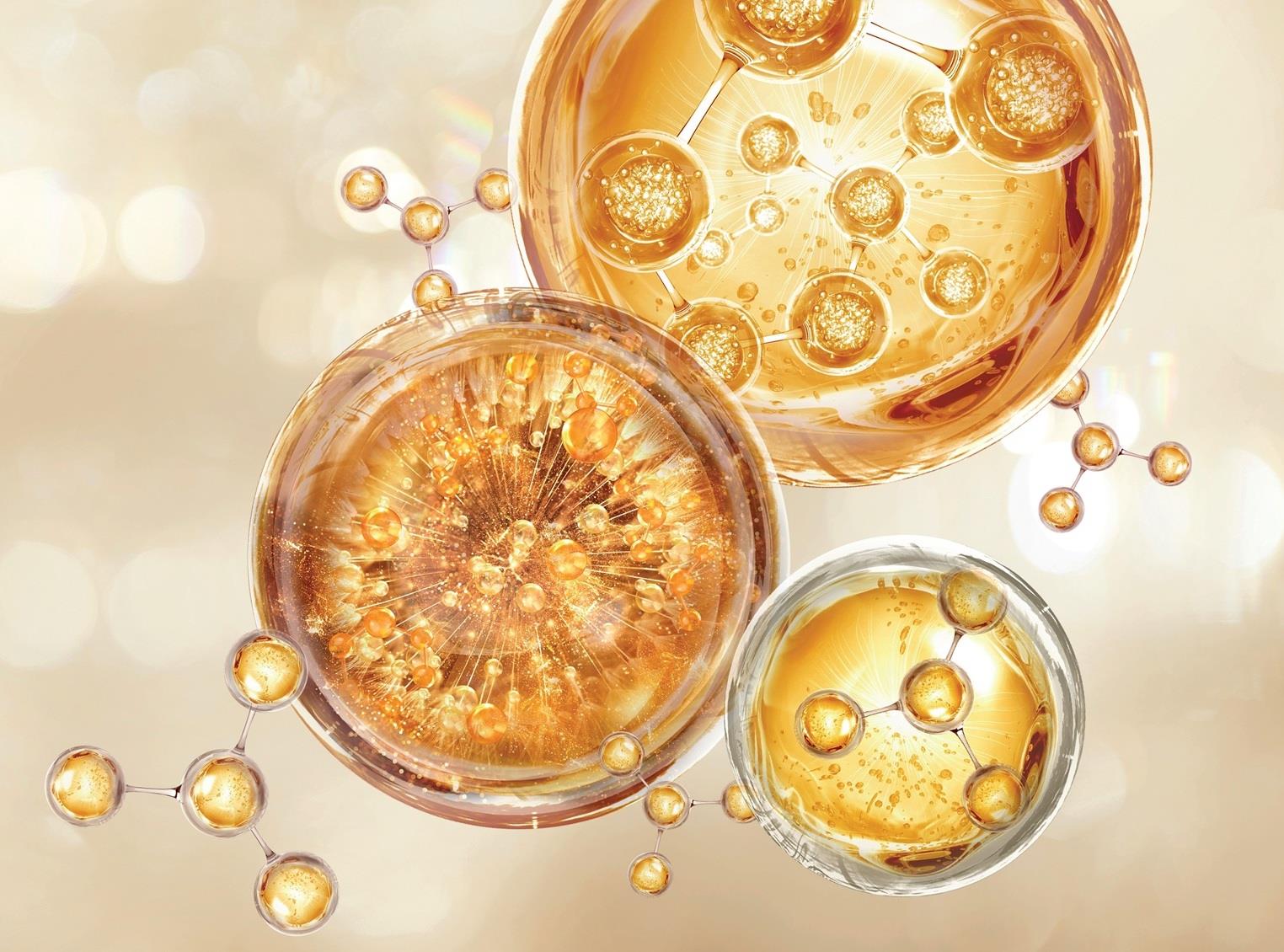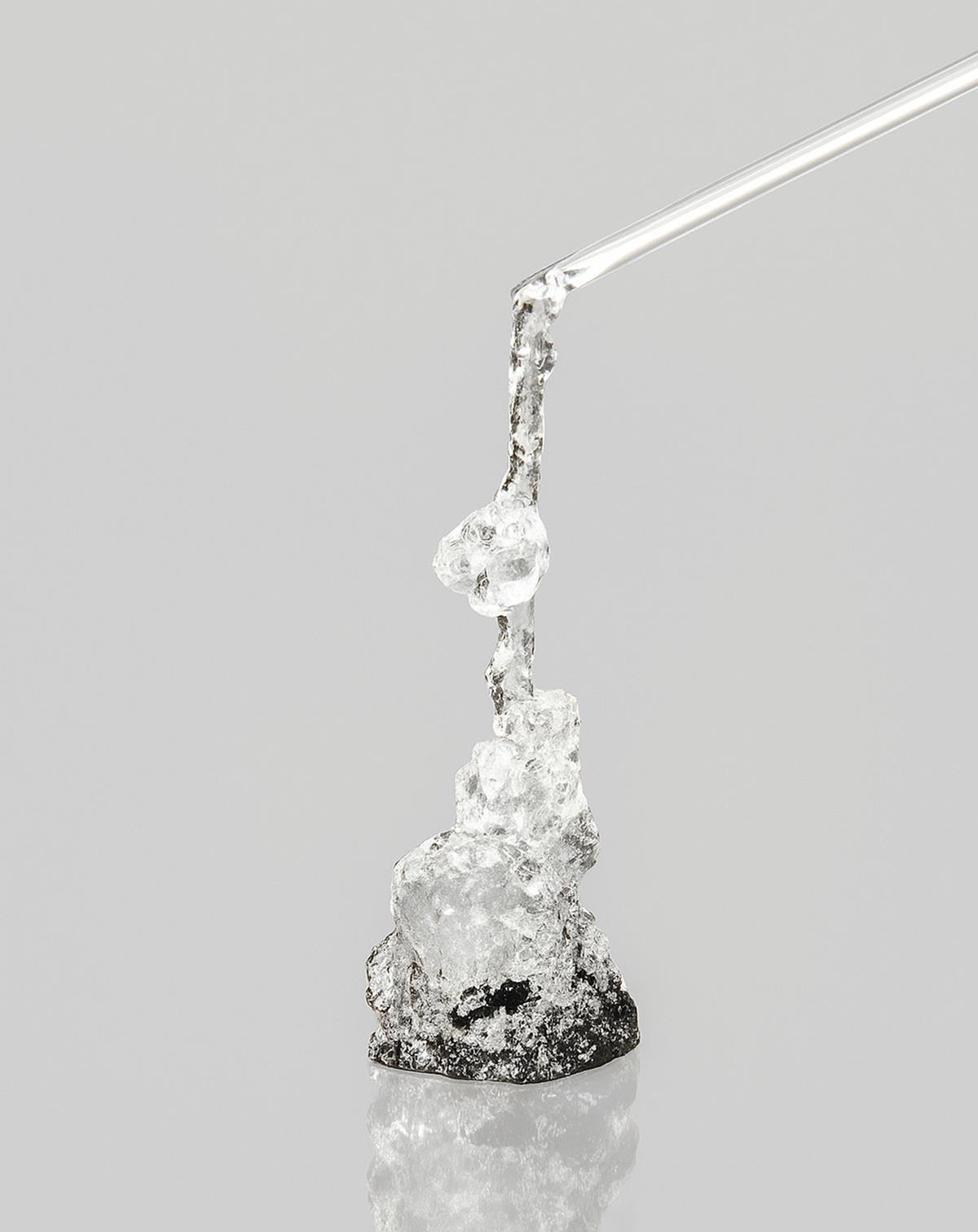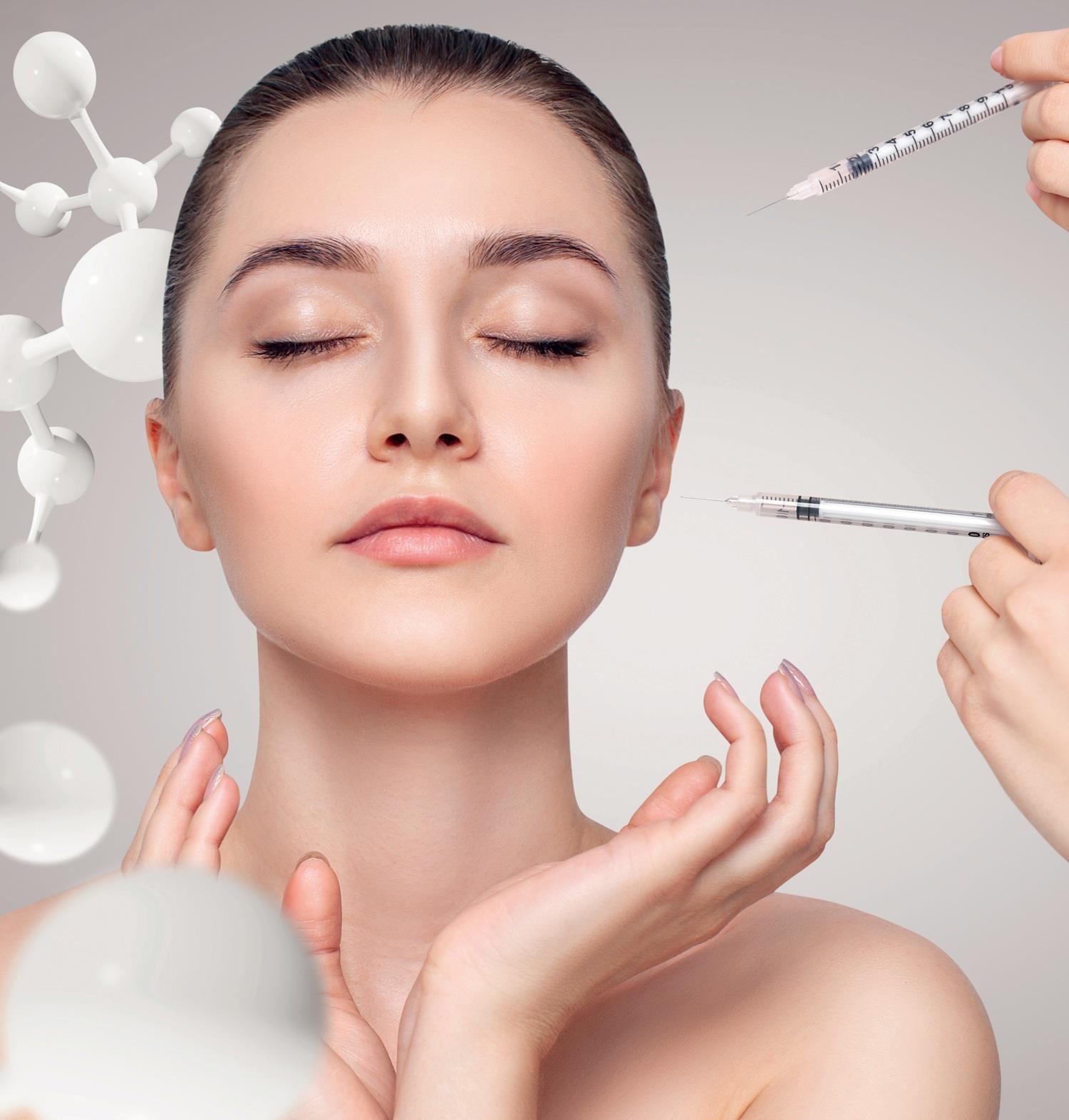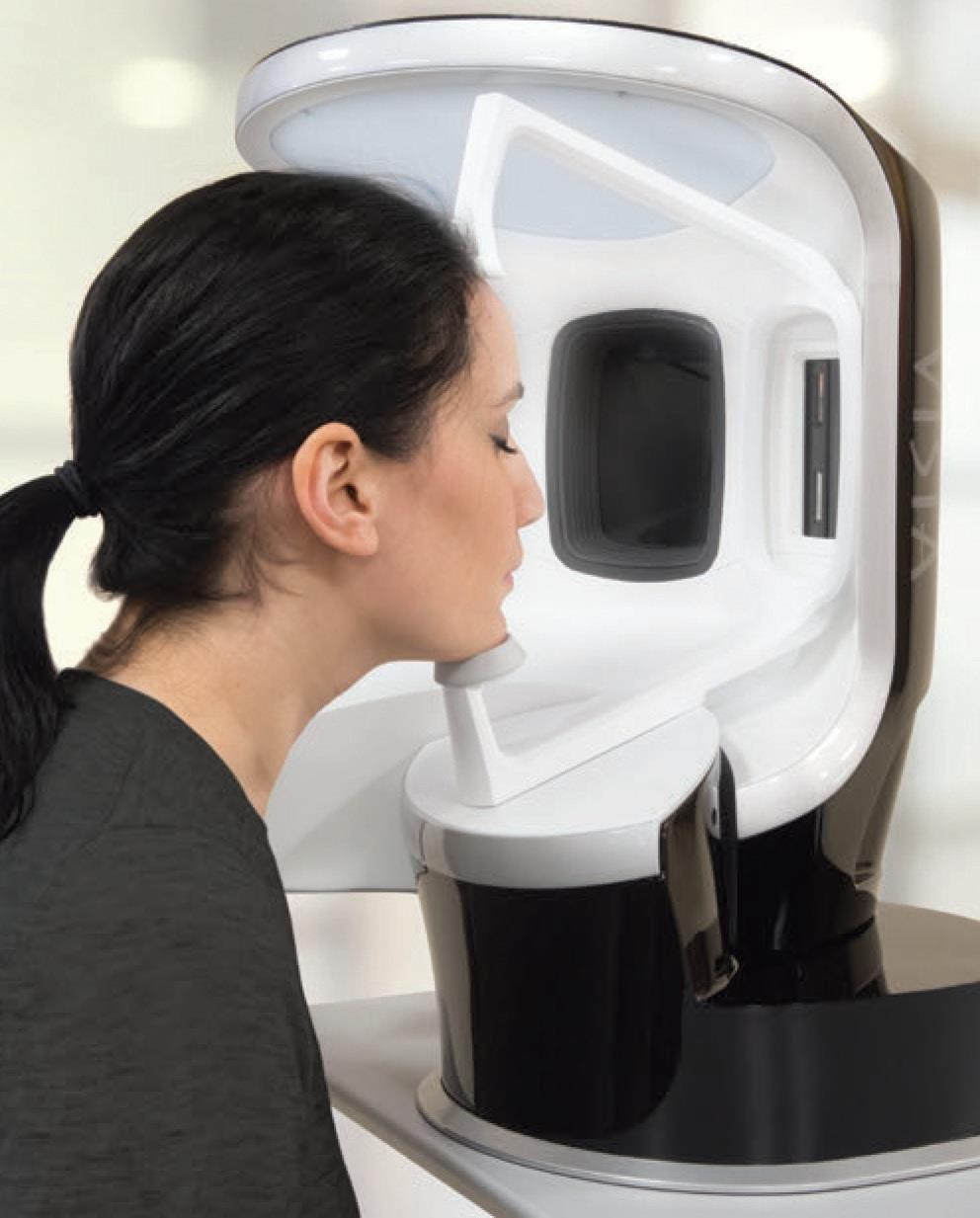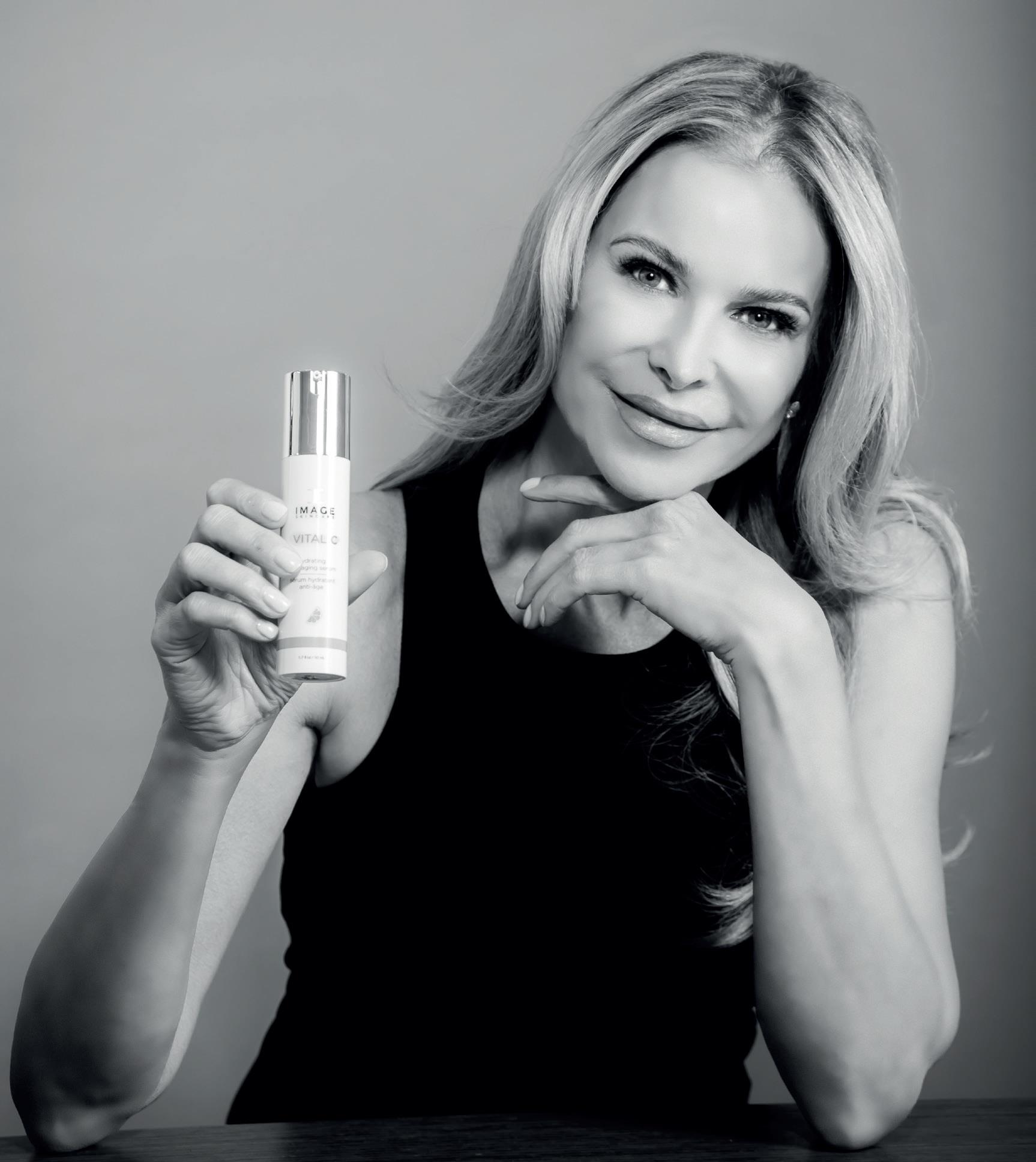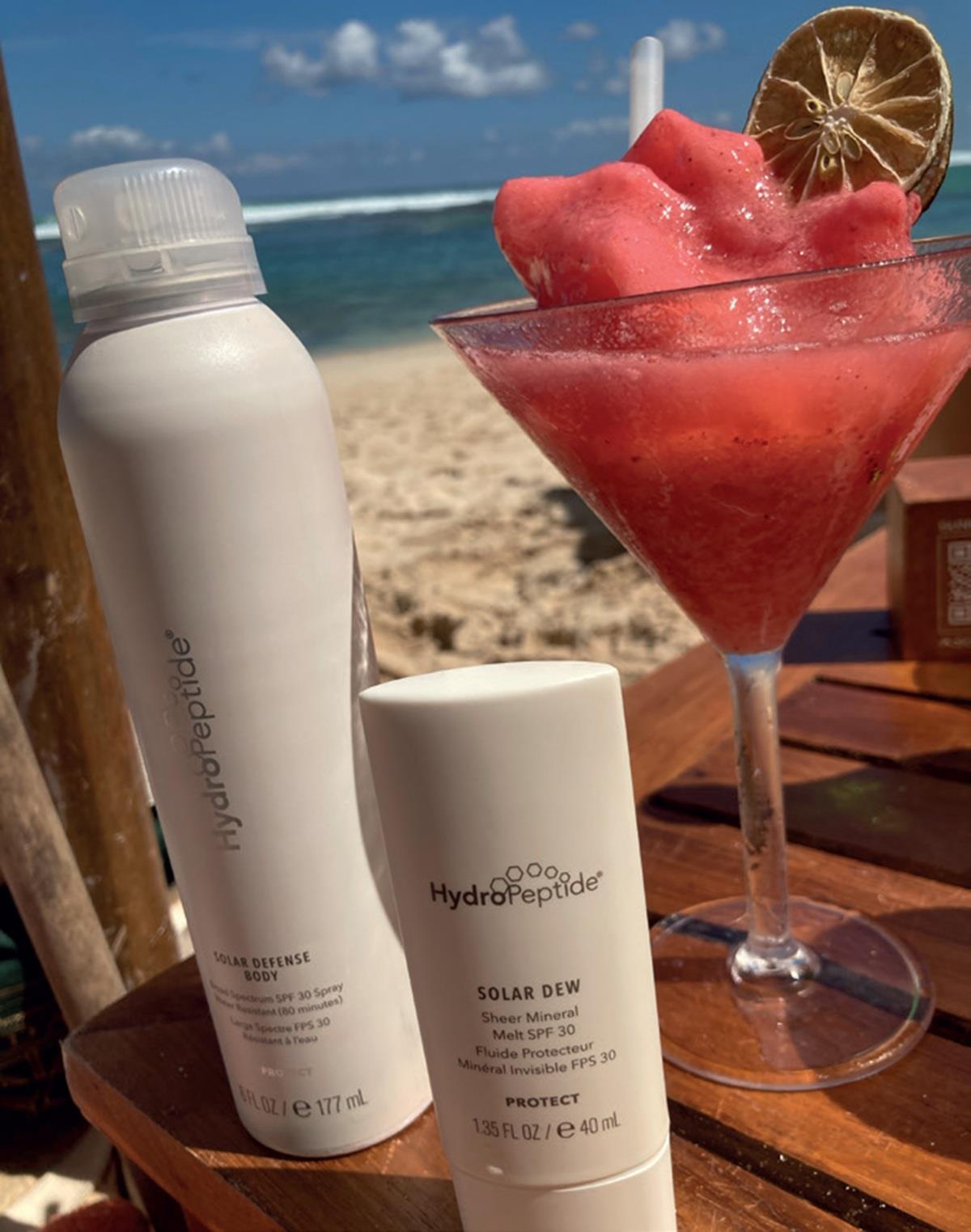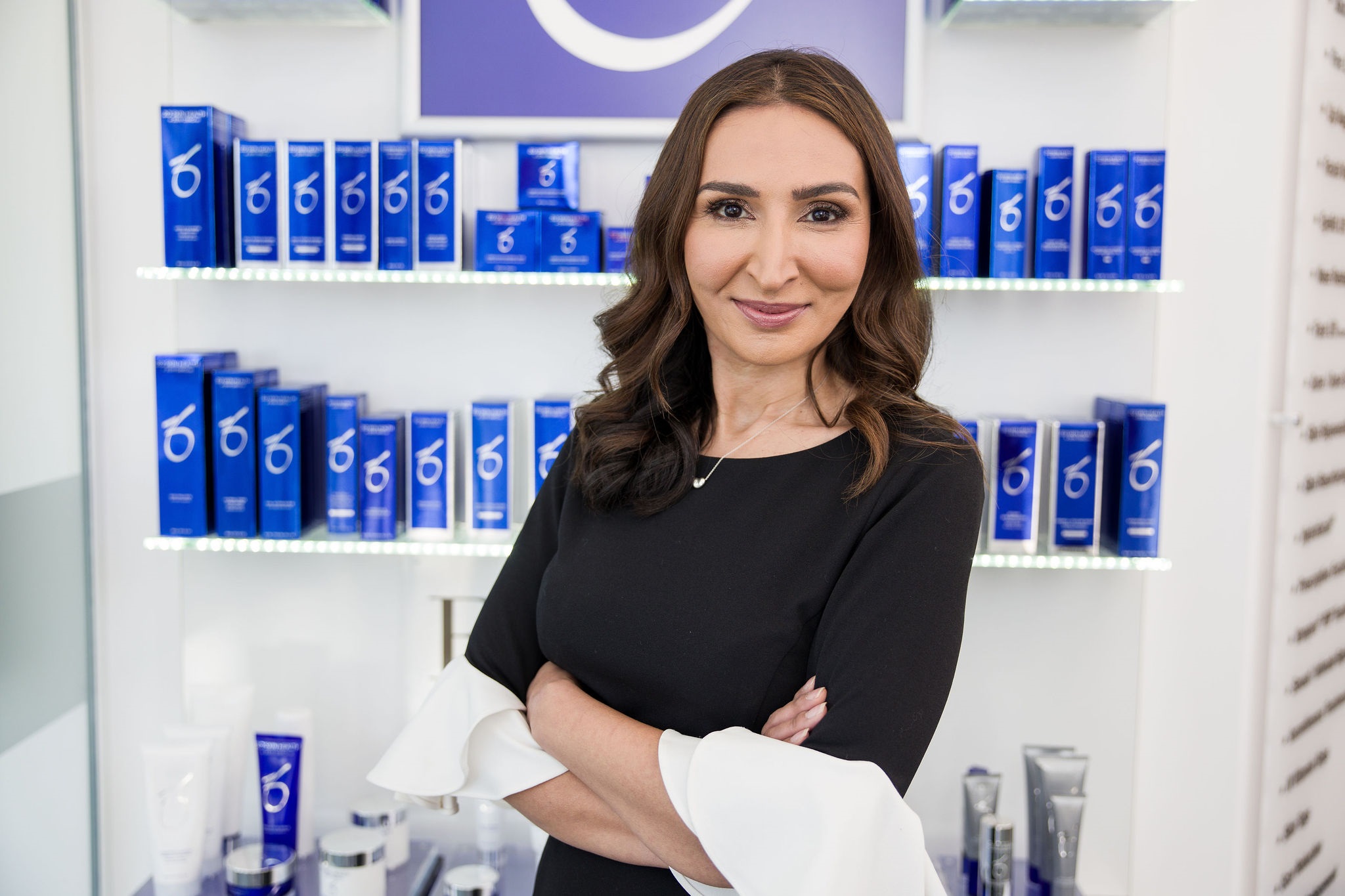
Over the last few years, awareness of the menopause and its impact on women has been increasing and recently high-profile celebrities have come forward to speak out about their own experiences.
In a series of three articles, Dr Shirin Lakhani discusses the issues surrounding the menopause, why it needs to be taken seriously and how medical aesthetic clinics can support their patients.
Part one - What does menopause have to do with medical aesthetics?
As a former GP and a recognised authority in intimate health, I often face the question of why menopause is such a hot topic and whether it should even be considered in the realm of medical aesthetics.
In the time I have been practising, I have seen a shift in the focus of aesthetic medicine. It is no longer just about neuromodulator and dermal fillers. We have moved towards treating our patients holistically and this is particularly important in differentiating us from the ever-increasing population of unqualified aesthetics providers.
As medical practitioners we can offer our patients a whole range of solutions to enable them to age well - resulting in them not only looking good but also feeling well and energised.
When questioned, many medical aesthetics clinics will say that their core demographic is women aged 45-65. The average age of menopause in the UK is 51 with symptoms of peri menopause starting up to 10-15 years prior to the cessation of periods.
So, as a large proportion of our patients fall within this demographic, we should be aware of the impact the menopause has on a multi-system level and how we can effectively manage its effects through the plethora of treatment modalities available to us.
As a society, our perception of women in their fifties and beyond is changing…and the expectations of these women are also changing. A few decades ago, menopause was regarded as something that occurred towards the end of life. With the population now living longer, healthier lives, women can spend one third to half of their lives in the peri and post-menopausal period. It is therefore far more important to minimise the negative effects of menopause, allowing women to continue to enjoy all aspects of their lives.
Women in their fifties are now considered to be in the prime of their lives. They are at a stage where the kids have become more independent, and they have more time and resources to take care of themselves.
Awareness of menopause is increasing due to the recent media coverage. Our patients are more informed of the impact of the menopause and as medical practitioners looking after these women in our clinics, it is important that we are at least familiar with the symptoms of the menopause. As a result of a lack of adequate services in the NHS, especially with regards to Women’s Health, many clinics already provide treatments such as HRT or vaginal rejuvenation. Even if you don’t, you will be dealing with perimenopausal and postmenopausal women, purely due to the fact that they are our core market. It is important as medical professionals to recognise the symptoms and signs of menopause in order to signpost women to services that could benefit them.
What is the menopause?
The majority of women will go through the menopause at some stage in their lives, and for most, that will be between the ages of 45 and 55.
Defined as the permanent cessation of menstruation and reproductive capability, it is an inevitable consequence of growing older and ultimately affects nearly every woman. The ovaries stop producing eggs and the levels of the sex hormones, oestrogen, progesterone and testosterone fall. These hormones have multi-system effects and their deficiency leads to the vast range of symptoms seen.
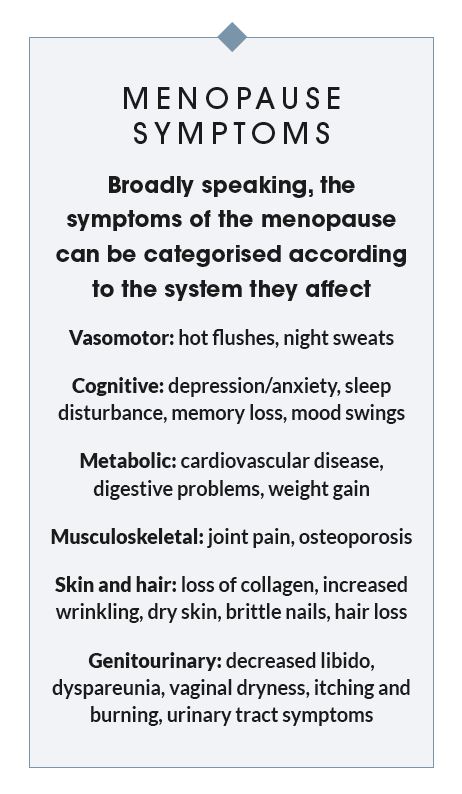
Every woman’s experience of the menopause varies in regards to the number and severity of symptoms experienced, but as medical aesthetic practitioners, we have the tools to alleviate many of their concerns.
What is the impact of the menopause?
There are some very stark statistics about the menopause and its impact on women.
- 75% of women in the UK say that the menopause has caused them to change their lives.
- More than 50% say that it has negatively impacted their lives.
- More than 50% say that their sex life has been affected.
- 81 per cent of women say their symptoms have affected them at work,
- 25 per cent have had time off work,
- 33 per cent have considered leaving their job or reducing their hours and
- 25 per cent are not capable of doing their current role due to their symptoms.
NICE Guidelines recommend HRT as the main treatment option to help relieve symptoms such as hot flushes, joint pains, mood swings and vaginal dryness. Other treatment approaches include cognitive behavioural therapy or clonidine.
In my experience, HRT is still regularly feared by some healthcare professionals who can actively discourage their patients from taking it, rather than having a balanced discussion, considering up-to-date evidence instead of older flawed studies. Newer research has found that bioidentical HRT does not carry the same risks as traditional HRT.
The NHS also does not promote the use of other well-known interventions commonly found in aesthetic clinics which may also help these patients.
In my clinic, I offer a range of treatments that can help women in the peri- menopause and menopause including bioidentical HRT, intimate rejuvenation with PRP and energy-based devices, intravenous micronutrient therapy and treatments for hair and skin.
What can we do as aesthetics clinics?
Women often feel too embarrassed to come forward. There is still a lack of information and knowledge about the menopause as well as understanding what effective treatments are out there. There can also be a lack of understanding from professionals and a fear of the side effects.
Every health care practitioner has a responsibility to recognise the symptoms of menopause and provide a holistic care approach.
Over the last few years, I have seen the potential of treatments we, as aesthetic doctors, can offer our patients. Where the scope of the NHS is shrinking due to severe underfunding, we can fill the void.
Many of our patients are in this age category and more of them will come forward as they become aware of the treatments we can offer.
It is clear that we have access to safe, effective treatments that are unlikely to be available on the NHS, but we have a responsibility and a duty of care, to ensure the treatments we offer have a suitable evidence base behind them for safety and efficacy, and have the appropriate certification.
But we can help peri-menopausal and menopausal women and make sure the conversation is open without fear or embarrassment.
Dr Shirin Lakhani is an Aesthetic Physician and Founder of Elite Aesthetics. In part two of this series, she will discuss the management of Genitourinary Syndrome of Menopause (GSM) and in part three she will explore the management of skin and body changes that accompany the menopause. For more information, visit elite-aesthetics.co.uk

 Added to basket
Added to basket

 Unapplied Changes
Unapplied Changes


